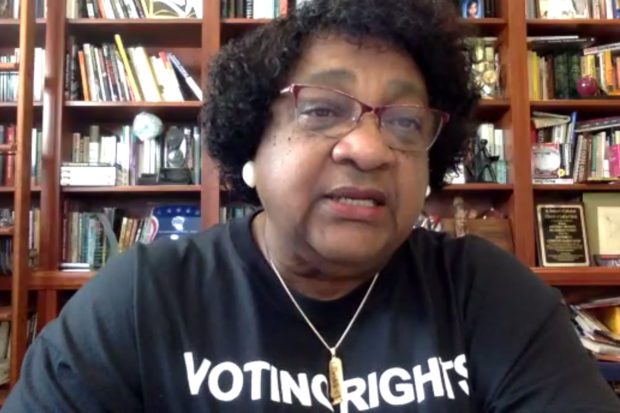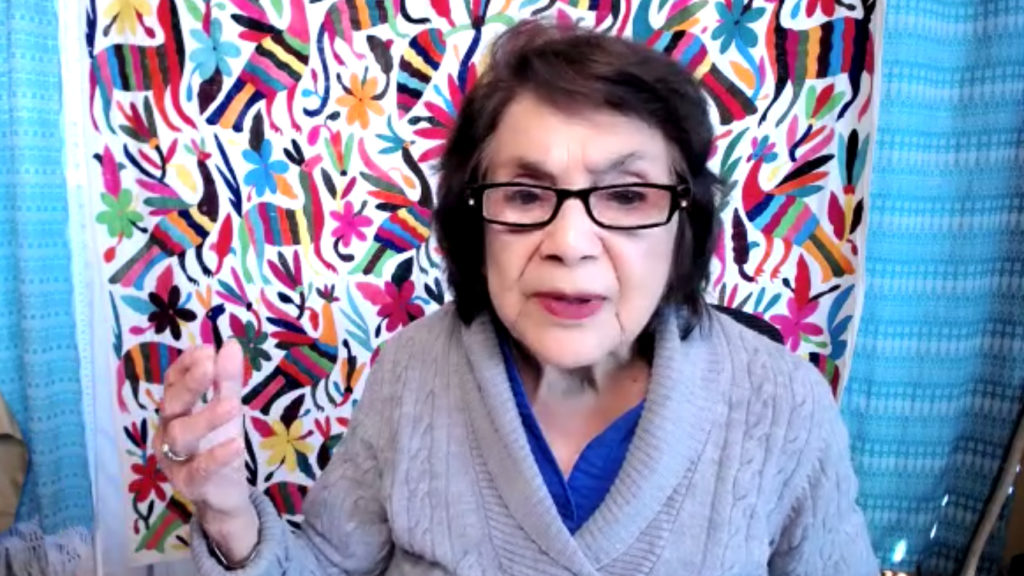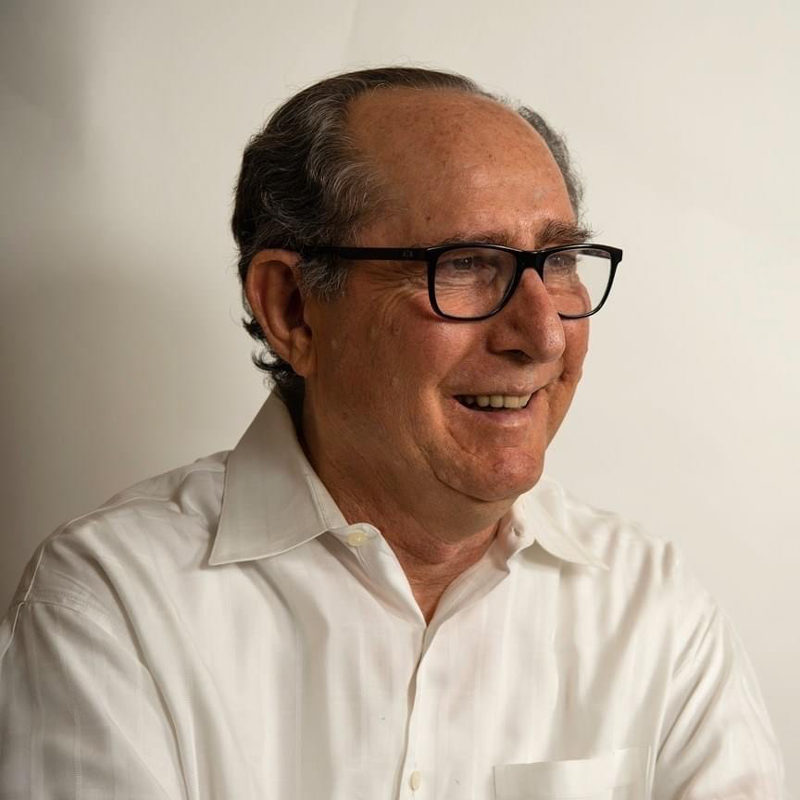

On Dec. 11, Human Rights Day 2021 was celebrated with a webinar put on by the Human Rights Coalition of the Central Valley called “Voting Rights are Human Rights.” The keynote speaker was Dr. Shirley Weber, California secretary of state. The featured speaker was Dolores Huerta, a labor rights icon.
The UN Universal Declaration of Human Rights, Article 21, reads, in part: “Everyone has the right to take part in the government of his [sic] country, directly or through freely chosen representatives.”
The Dolores Huerta Foundation has been working on redistricting, including drawing up maps and staging a major demonstration in Fresno. Huerta advised supporters that the outcome of the redistricting effort in Fresno County and other Valley areas could be disappointing.
Then she spoke broadly about human rights.
She asserted that there is a right to be free of hunger. “We know that there’s a lot of food insecurity and that people in many other countries do not have enough food, even though we know right here, in our blessed San Joaquin Valley, we could produce so much food for the rest of the world.
“We could, but so much food is not distributed properly because it’s all about profits. It’s all about money. It’s not about the need for people to eat.”
She said education is needed to expand human rights. “We’ve got to make sure that through our school boards, we include civic education: voting education, human rights education, the whole notion of getting rid of racism, sexism, homophobia.”
She emphasized the right to run for office without being barred for lack of funding. “Something that I say to everybody [is] let’s put this on our agenda: We have to fight for public campaign financing.”
Weber spoke about voting rights as a lifelong cause.
“I’m a kid who grew up initially in Hope, Arkansas, coming to California when I was just a little kid, having to run from Arkansas to California with my father, mainly because he was standing up for his rights.
“He had no rights in Arkansas, despite the fact that his family had been in the United States for generations and generations, as slaves and former slaves, they really had no rights. They had no rights and no voice to express themselves.
“They couldn’t pick judges. They couldn’t vote for who was going to be the governor of the state of Arkansas.
“We know that the states in the South particularly, and some in the North, began to structure ways in which they could nullify a person’s vote. That they could basically have poll taxes and various rules and regulations, literacy tests that were impossible to pass, even if you had a Ph.D.—all these kinds of things that were barriers to letting people exercise their right to vote.
“The Voting Rights Act of 1965 was designed to…take away all of those barriers that existed, and what we saw as a result of removing those barriers [was] the election of Black mayors [and] city council members.
“When we think about the many challenges we face, they have to do with electing the right people, having the right agenda, making sure that our voice is heard through our elected officials, [and] picking people who are going to stand up for us.”
Weber recommended the film Selma, about how Dr. Martin Luther King Jr.’s protest movement in Alabama changed the politics of President Lyndon Johnson. In the film, Johnson told King that Black people did not need a voting rights act, that what they needed was his war on poverty.
King’s view, the view that prevailed, was that voting rights were the key issue. Without it, measures taken by Johnson against poverty could easily be taken away. It was a radical reappraisal.
“Here in the Central Valley, in the San Joaquin Valley in California, we often have many of the same issues that they have in the South. I always [say] that the Central Valley is more like Alabama than San Francisco,” said Huerta.
Weber concluded her address with these words: “Education is critical. We have not only just to be able to read and write, but we also have to be able to think critically. And when you’re at war, that becomes important.
“And I tell people all the time, if you’re poor in this country and you are a person of color, you are always at war because there are those who want to take away your dignity, your right to exist, and you must be prepared.
“And I always say there’s nothing worse than being at war and thinking you’re at peace.”
*****

